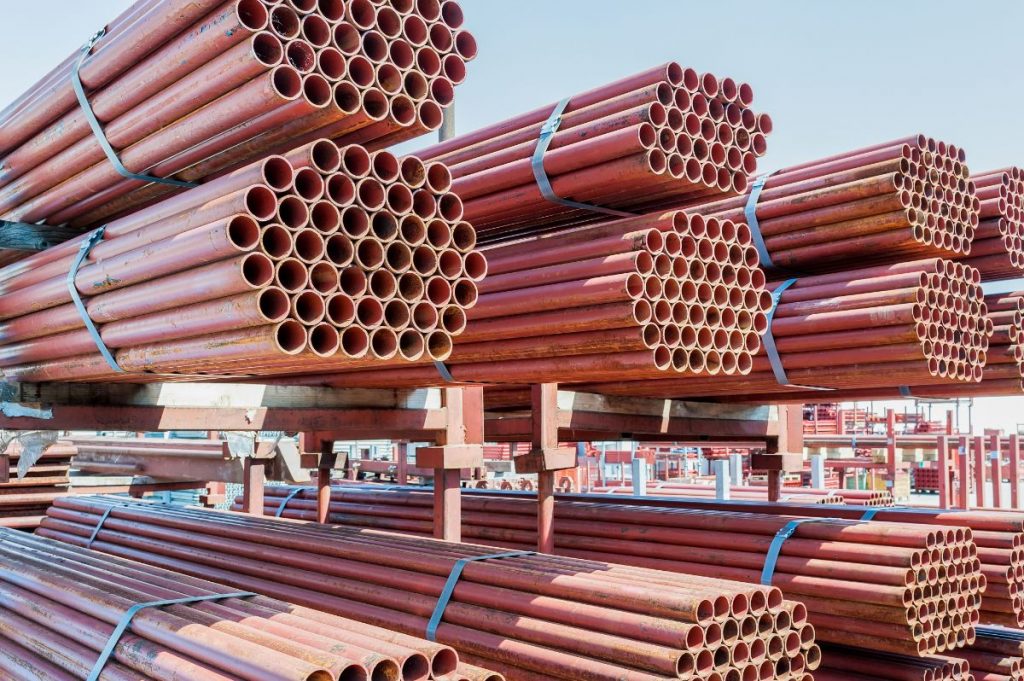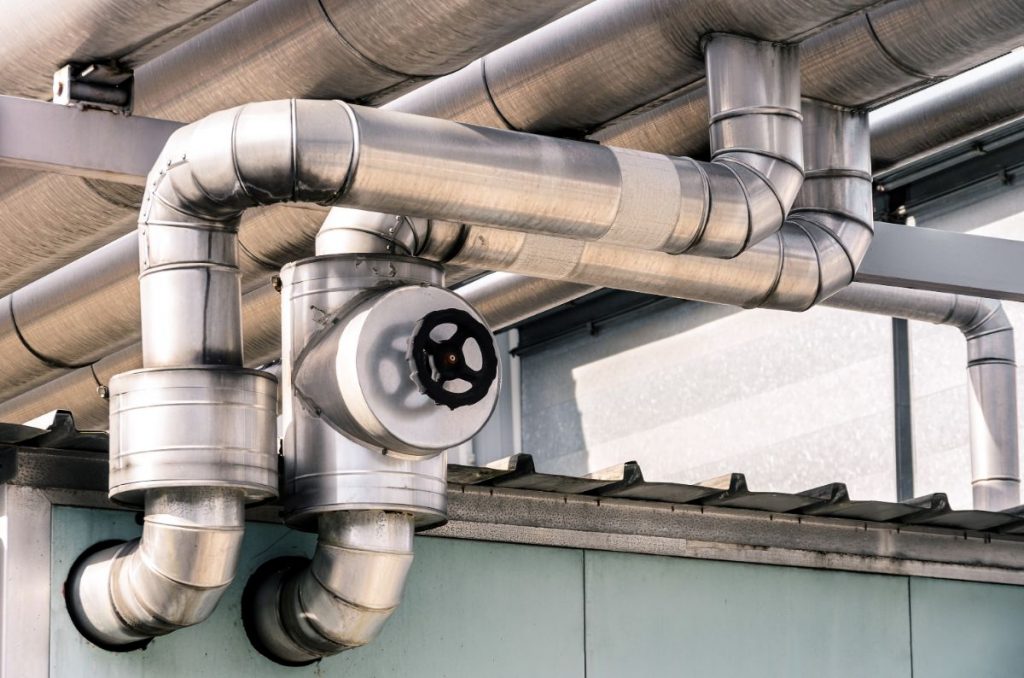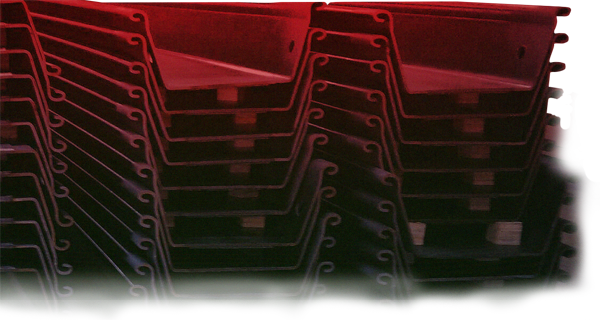Iron vs. Steel Pipes: Pros and Cons

What’s the difference between iron and steel pipes?
- Iron pipes have a few limitations, while steel pipes are versatile.
- Iron pipes can withstand high levels of pressure, while steel pipes are lighter.
- Iron pipes are susceptible to corrosion and rust, while steel pipes are resistant and sustainable.
- Iron pipes are commonly used in the construction of buildings, while steel pipes are commonly used in the oil and gas industry.
As a means of moving liquids, gases, and other materials, pipes are crucial in many industrial and household uses. Iron and steel are the two most often used materials for pipes, and each has special qualities and uses. This blog will compare iron vs. steel pipes by going over their characteristics, advantages, and disadvantages.
Iron pipes have a few limitations, while steel pipes are versatile.
Cast iron, a brittle and heavy material, is used to make iron pipes. Cast iron has been used in the making of pipes for centuries because it is a dependable and long-lasting material. However, cast iron has some disadvantages that make it unsuitable for modern applications. Cast iron pipes are also heavy, making them difficult to transport and install in large quantities.
On the other hand, steel pipes have a significant advantage in terms of versatility. Steel pipes come in various shapes and sizes and can be used for various purposes, including water transportation, gas distribution, and sewage treatment. Steel pipes are also easily welded, making them ideal for pipe joining applications.
Iron pipes can withstand high levels of pressure, while steel pipes are lighter.
Despite the limitations, cast iron pipes do have some advantages. They are strong and long lasting, making them ideal for use in applications requiring high levels of stress and pressure. Cast iron pipes are also fire resistant, making them ideal for fire protection applications. Furthermore, cast iron pipes have excellent sound-deadening properties, making them ideal for noisy environments.
On the other hand, steel pipes are made of steel, which is an iron-carbon alloy. Steel is far more durable and stronger than cast iron and is also lighter, making it easier to transport and install.
Iron pipes are susceptible to corrosion and rust, while steel pipes are resistant and sustainable.
Corrosion is a chemical reaction that occurs when the iron in metal pipes comes into contact with oxygen in water or other liquids. This reaction, also known as oxidation, produces rust, which eats away at the pipe, altering its chemical composition and making it more brittle. Rust can be found on both the inside and outside of pipes. Cast iron pipes are susceptible to corrosion and rust, which can cause problems in water systems. In contrast, steel pipes are resistant to corrosion and rust, making them ideal for water systems.
Steel pipes are also less harmful to the environment than cast iron pipes. Steel pipes can be made from recycled materials and recycled again, making them a more environmentally friendly choice for pipes. Steel pipes are also less likely to emit harmful chemicals into the environment, making them a safer choice to use in sensitive areas.
Iron pipes are mostly used in the construction of buildings, while steel pipes are commonly used in the oil and gas industry.

Iron pipes are commonly used in applications where strength and durability are critical. For example, iron pipes are frequently used in the construction of buildings, bridges, and other structures. Iron pipes are also used in water distribution systems, where they must be strong enough to withstand water pressure.
Steel pipes, on the other hand, are used in a variety of applications including water transportation, gas distribution, sewage treatment, and more. Steel pipes are also used in applications that require flexibility and ease of installation, such as plumbing and heating systems. Steel pipes are also widely used in the oil and gas industry, where they must withstand high levels of pressure and stress.
Key Takeaway
Now you know the differences between iron vs. steel pipes. Both steel and iron pipes have specific qualities and benefits. Iron pipes are a good choice for situations where strength and safety are crucial, but take note that cast iron is much heavier and is not immune to rust and corrosion. On the other hand, steel pipes are more adaptable, lighter, and corrosion-resistant, making them perfect for various applications. When deciding between iron and steel pipes, you must consider your application’s particular needs and select the material that will most effectively fulfill them.
Metal Exponents, the Philippines’ leading steel manufacturer, provides high-quality, low-cost steel tubings in various sizes and wall thicknesses. Our tubings are exceptional for structural and industrial applications requiring corrosion resistance and high strength.
Do you have questions in mind? Feel free to express your concerns or questions to us! Get in touch with Metal Exponents today.


